Background
Michael Caterina, M.D., Ph.D., is a professor of neurosurgery, biological chemistry and neuroscience at the Johns Hopkins University School of Medicine. He is a sensory neurobiologist with a focus on the molecular basis of pain sensation.
Dr. Caterina and his colleagues discovered the first heat-gated ion channel — the capsaicin receptor TRPV1 — and demonstrated that this protein is critical for the detection of painfully hot temperatures and for the augmented sensitivity to heat pain that follows tissue inflammation.
He is the inaugural director of the Johns Hopkins Neurosurgery Pain Research Institute and the interim director of the Department of Biological Chemistry.
Current topics of interest in his lab at Johns Hopkins include mechanisms underlying pain in hereditary skin diseases, cellular and molecular mechanisms of neuropathic pain and contributions of transient receptor potential channels to pain.
Dr. Caterina earned his bachelor’s degree from Pennsylvania State University, and then M.D. and Ph.D. degrees from the Johns Hopkins University School of Medicine. He completed a fellowship in cellular and molecular pharmacology at the University of California, San Francisco, and joined the Johns Hopkins faculty in 1999.
Dr. Caterina’s work has been recognized with national and international awards, including the Patrick D. Wall Young Investigator Award from the International Association for the Study of Pain in 2005 and the Donlin M. Long Pain Service Award from the Johns Hopkins Blaustein Treatment Center pain research program in 2013.

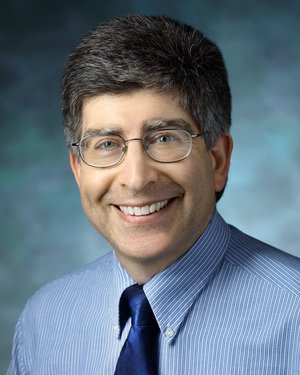
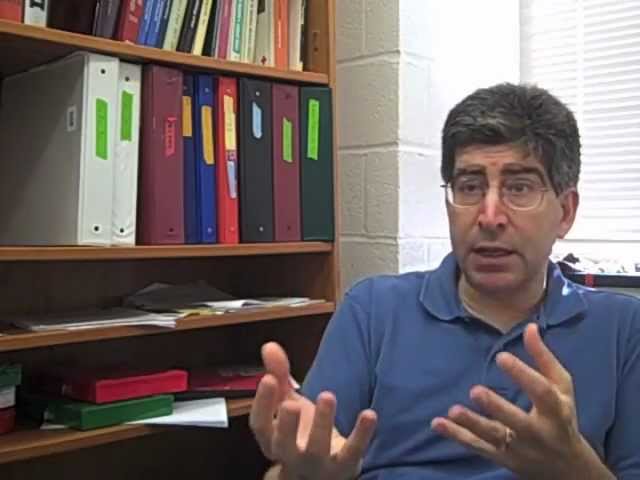
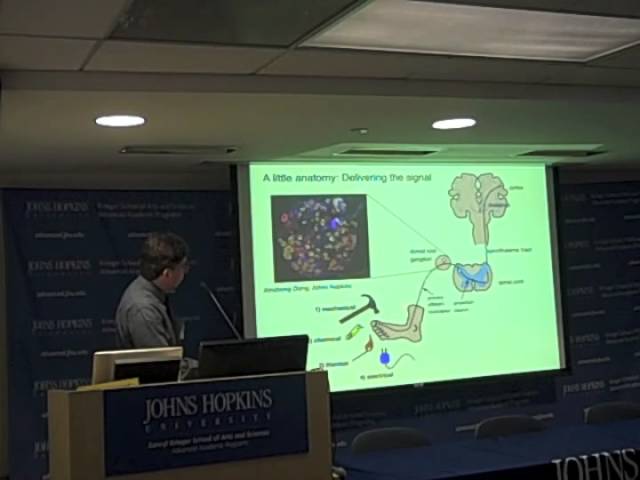
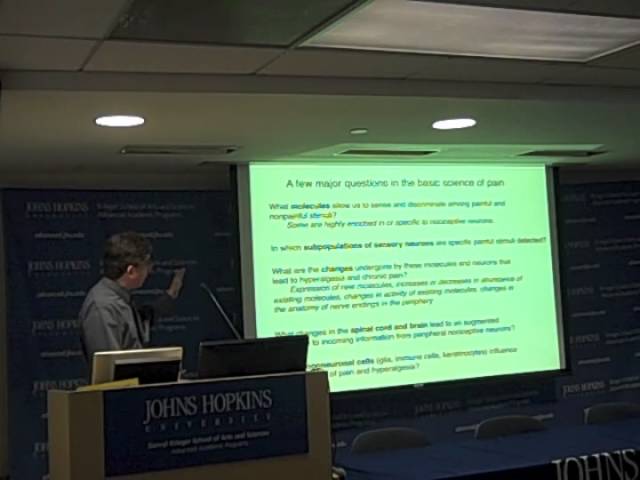
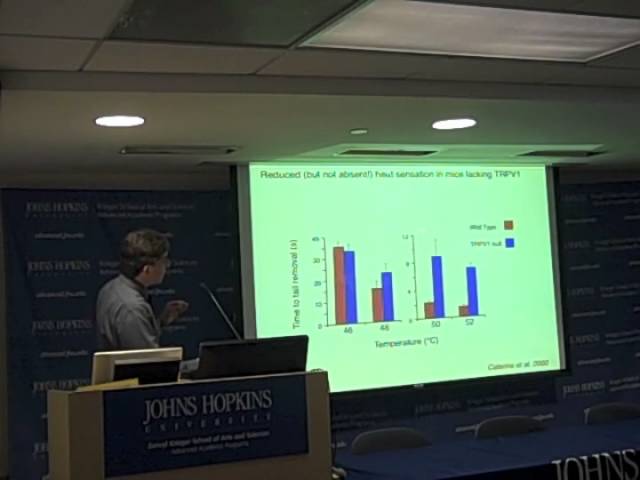
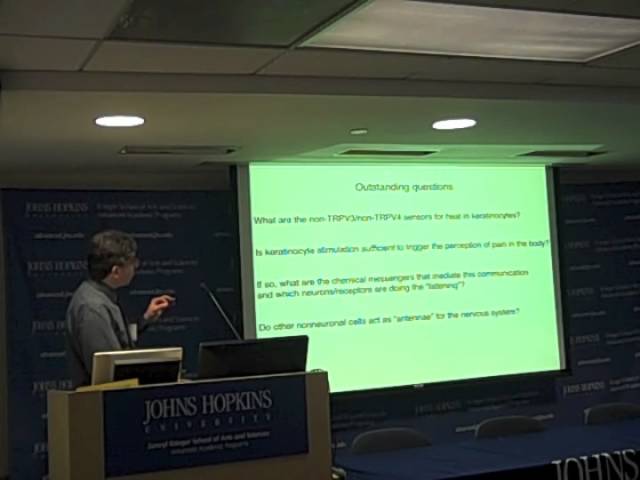
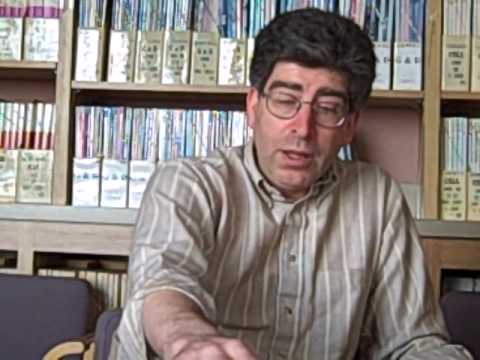
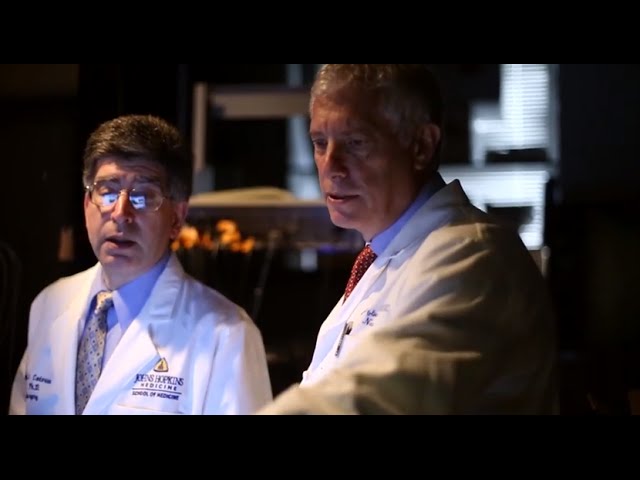
Patient Ratings & Comments
The Patient Rating score is an average of all responses to physician related questions on the national CG-CAHPS Medical Practice patient experience survey through Press Ganey. Responses are measured on a scale of 1 to 5, with 5 being the best score. Comments are also gathered from our CG-CAHPS Medical Practice Survey through Press Ganey and displayed in their entirety. Patients are de-identified for confidentiality and patient privacy.